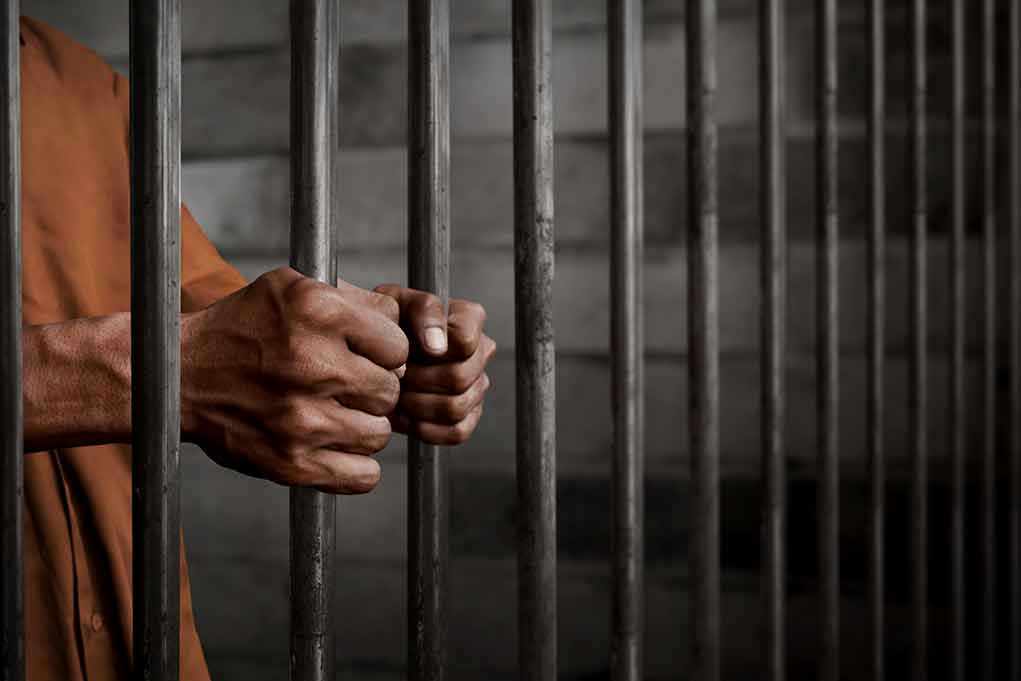
The U.S. just deported five criminals—none of them American citizens—to a tiny African nation thousands of miles from their homelands, after their own countries refused to take them back, and if you think that sounds like something out of a political satire, you’re right.
At a Glance
- The Trump administration used new Supreme Court authority to deport five convicted criminals to Eswatini, Southern Africa.
- The deportees’ home nations—Vietnam, Jamaica, Laos, Cuba, and Yemen—refused to accept them.
- All five men are convicted of serious crimes, including child rape and murder, and are now held in isolation by Eswatini’s government.
- The agreement’s terms between the U.S. and Eswatini remain undisclosed, fueling concerns about diplomatic and human rights implications.
Supreme Court Ruling Unleashes Third-Country Deportations
Americans who have been demanding common-sense immigration enforcement finally saw a major milestone. Late last month, the Supreme Court tossed aside the last legal barrier to “third-country” deportations. This new authority gave the Trump administration a green light: if a criminal’s home country refuses to take its own people back, America can send them somewhere else—anywhere else that’s willing to take them. And that’s exactly what just happened when a deportation flight carrying five foreign nationals arrived in Eswatini, a small monarchy in Southern Africa, on July 16, 2025.
The Department of Homeland Security (DHS) made it clear: every deportee on that flight was convicted of what DHS called “uniquely barbaric” crimes—child rape, murder, robbery, and drug trafficking. Their home countries slammed the door, refusing to repatriate them. So, Eswatini took them in, reportedly holding them in strict isolation, with local officials insisting they pose no threat to the public. The public, of course, is left to wonder what prompted a small African nation to accept hardened criminals from halfway around the world, with no public explanation of what the U.S. offered in return.
A New Era in Immigration Enforcement—And Its Consequences
This historic deportation marks the first use of the Supreme Court’s new ruling, which eliminated the need for the U.S. government to evaluate the potential harm deportees might face in their new country. For years, bureaucratic red tape and foreign governments’ stubborn refusals kept dangerous criminals in the U.S. Now, under President Trump and the revived DHS, the gloves are off. DHS spokeswoman Tricia McLaughlin summed it up in language Americans rarely hear from federal officials: “These are depraved monsters.” She made it clear: the Trump administration is determined to remove anyone convicted of heinous crimes, no matter how much resistance they encounter abroad.
But let’s not pretend this move isn’t controversial. Immigration advocates and lawyers have already raised alarms, warning that deporting people to countries with questionable human rights records could put lives at risk and trample on international norms. Critics are also demanding transparency about the deal struck between the U.S. and Eswatini. So far, the details are locked up tighter than the deportees themselves. What did Eswatini get in exchange for taking on five convicted criminals? Diplomatic favors? Economic aid? Nobody’s saying. That silence has done nothing to calm the outrage from the usual suspects who claim this is a step backward for human rights.
The Stakes for America, Eswatini, and the World
For American communities, the immediate impact is straightforward: five fewer violent offenders walking U.S. streets. That’s how border czar Tom Homan put it: “When you’ve got countries that won’t take their nationals back, and they can’t stay here, we find another country willing to accept them.” This policy, championed by President Trump, is meant to send a message to both foreign governments and would-be criminals: America will not be a dumping ground for the world’s worst offenders, and we won’t let bureaucratic gridlock keep us from putting our own safety first.
Eswatini, for its part, now faces a unique burden—managing the custody and future of five foreign criminals with no ties to the country. The government insists the men are isolated and pose no threat. But the long-term costs, both social and diplomatic, are unknown. Their presence could strain Eswatini’s resources and test its diplomatic relationship with larger nations. Meanwhile, this move sets a precedent—America has drawn a new line in the sand, signaling to the world that it will find a way to deport criminals, no matter how many obstacles are thrown in its path.




